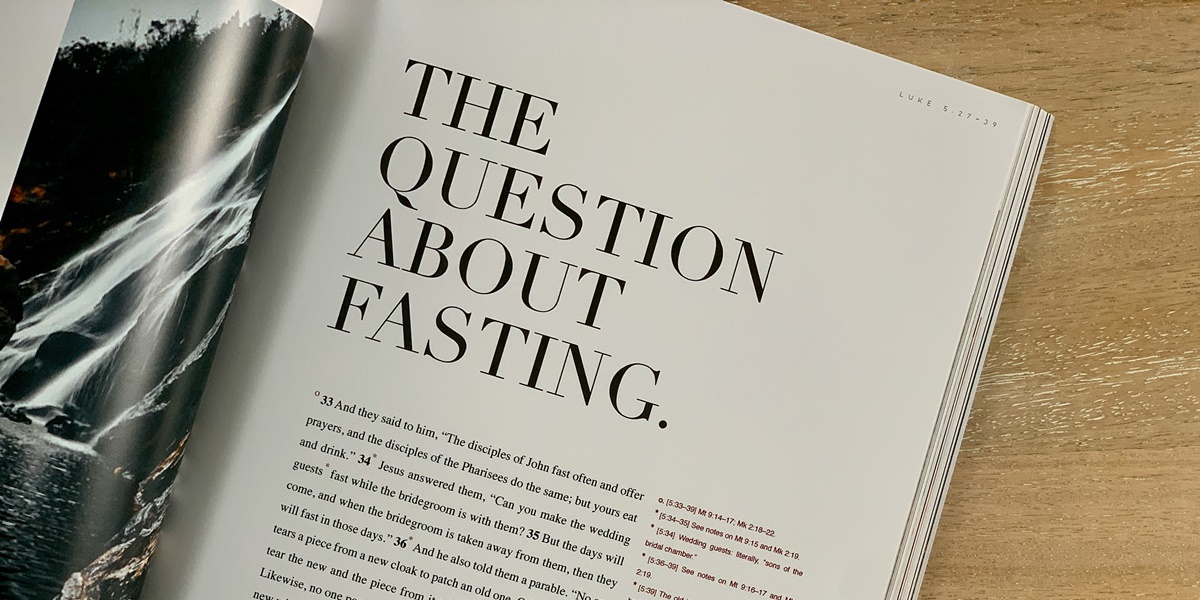Kapanlagi.com - Ramadan fasting is one of the obligatory rituals performed by Muslims. In fasting, reading the intention before starting the fast is part of the pillars. Because the intention is an inseparable part of fasting, as it represents sincerity and sincerity in carrying out the command of Allah SWT. So, what is the ruling if someone fasts but forgets to read the intention?
Fasting in Islam begins with the intention that is read before dawn or before the obligatory fasting time arrives. The intention is a heartfelt agreement stating someone's purpose to fast on that day. This is what makes the intention to fast considered important in the Ramadan fasting worship.
However, the discussion about the law of fasting but forgetting to read the intention continues to be a topic of conversation every year. Many believe that fasting is still valid, but there are also many who doubt it. So, what is the explanation? To find out, just read the following discussion:
1. Explanation of Fasting But Forgetting to Read the Intention

Explanation of Fasting but Forgetting to Read the Intention (credit: unsplash)
Just like prayer, in fasting, the intention is also a pillar, so its existence is important. Many people assume that the intention of fasting does not have to be read out loud. Many believe that the intention is something that is enough to be kept in the heart. This belief is still held by the community. There is no explicit prohibition or condemnation of this.
However, in reality, reading the intention of fasting out loud can increase awareness of sincerity in performing the fasting worship. In addition, the importance of reading the intention of fasting is also explained directly by the Prophet Muhammad (peace be upon him) through one of his hadiths which states:
"Whoever does not intend to fast before dawn, then there is no fasting for him." (HR. Abu Daud, at Tirmidzi, an Nasa'i, Ibnu Majah and Ahmad).
Based on this hadith, reading the intention of fasting before dawn becomes a necessity in the fasting worship. The necessity of reading the intention of fasting is also found in the Shafi'i school of thought.
As reported by jawapos.com, in that school of thought, there is a view that having suhoor (pre-dawn meal) does not automatically replace the position of the intention, unless the intention to fast is present in one's heart. (al-Fiqh al-Islami, III, 1670-1678).
2. The Right Time to Read the Intention for Fasting

The Right Time to Read the Intention for Fasting (credit: unsplash)
Based on the hadith and explanations above, reading the fasting intention is very important in the Ramadan fasting worship. From the above hadith of the Prophet Muhammad SAW, it is known that the fasting intention can be read before dawn. That means, the intention can be read during suhoor. The fasting intention is also said to be able to be read in the evening before sleeping and waking up for suhoor or a day before fasting.
In addition, in society, there is a belief that reading the fasting intention can be done once for the next month. Regarding this matter, there is still often a debate between those who allow it and those who do not.
Apart from that, it turns out that there is leniency for those who forget to read the fasting intention during suhoor or the previous night. According to nu.or.id, if someone forgets to read the intention for fasting in Ramadan during suhoor or the night, it is allowed to read the intention in the morning or as soon as they remember.
However, further note that the intention recited is understood and intended as a taqlid trait, according to the following explanation:
"In the book Al-Majmuu it is mentioned that it is recommended for those who forget to intend fasting in the month of Ramadan to intend in the morning because for Imam Abu Hanifah it is already sufficient, so caution is taken with the intention. Such intention follows (taqlid) Imam Abu Hanifah." If imitation is not intended, then it has mixed one damaged worship in its belief, and that is forbidden by law." (Ibn Hajar Al-Haitami, Al-Fatawa Al-Fiqhiyyah Al-Kubro, volume IV, page 307)
3. Reading the Intention for Fasting

Reading Fasting Intention (credit: unsplash)
Regardless of whether fasting is valid or not without reading the intention, it can be concluded that reading the intention for fasting is very important. Moreover, the recommendation to read the intention comes directly from the Prophet Muhammad. Therefore, it is very important to practice reading the intention for fasting. Here is the reading of the intention for fasting that can be read during suhoor or at night before performing the fasting worship:
"Nawaitu shauma ghadin 'an ada'i fardhi syahri Ramadhana hadzihis sanati lillahi ta'ala."
Meaning:
"I intend to fast tomorrow in order to fulfill the obligation of the month of Ramadan this year for the sake of Allah ta'ala."
Those are some of the explanations regarding the ruling of fasting but forgetting to read the intention. Hopefully, it is beneficial and can increase knowledge. Amen.
(kpl/psp)
Disclaimer: This translation from Bahasa Indonesia to English has been generated by Artificial Intelligence.















